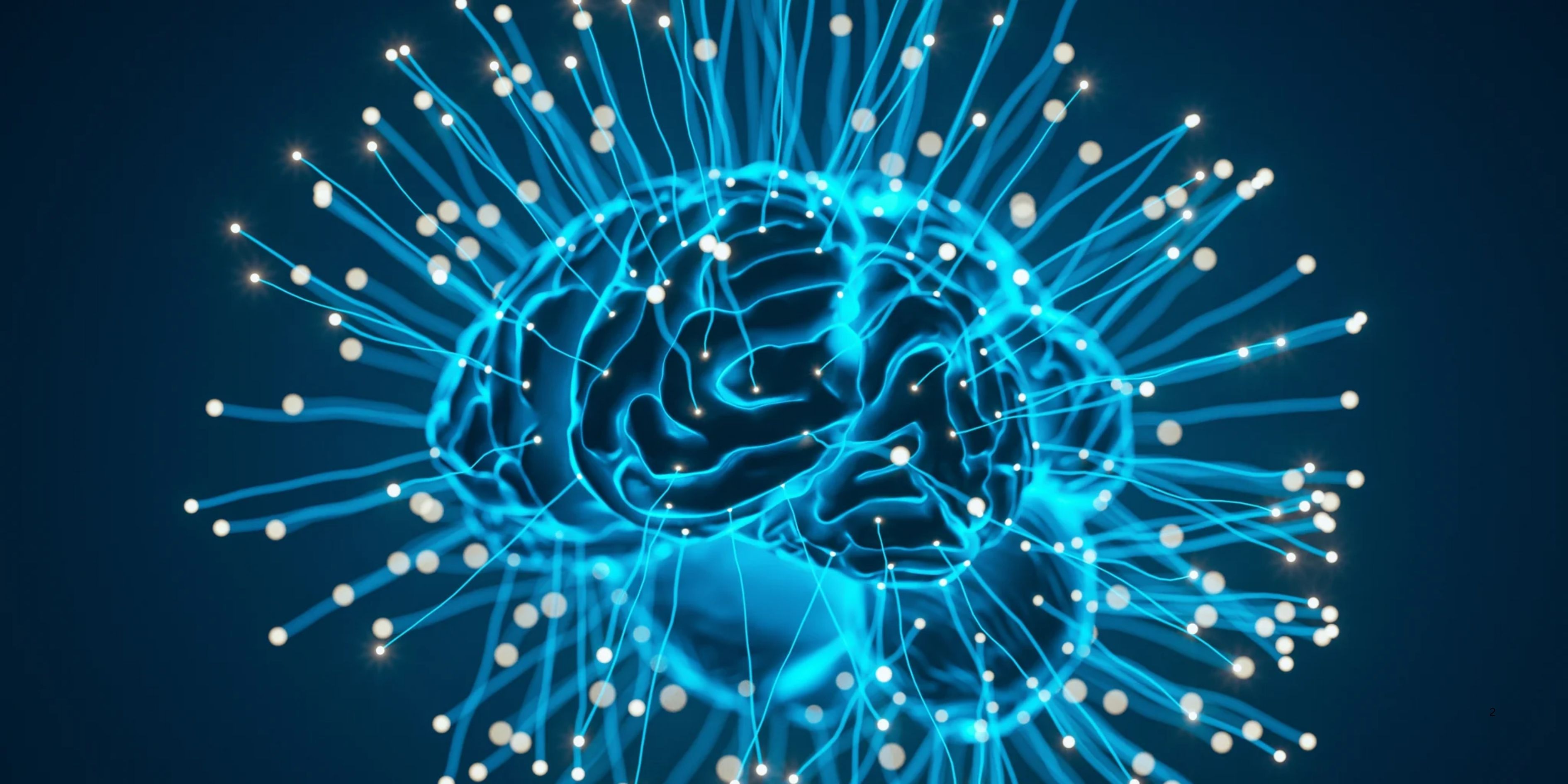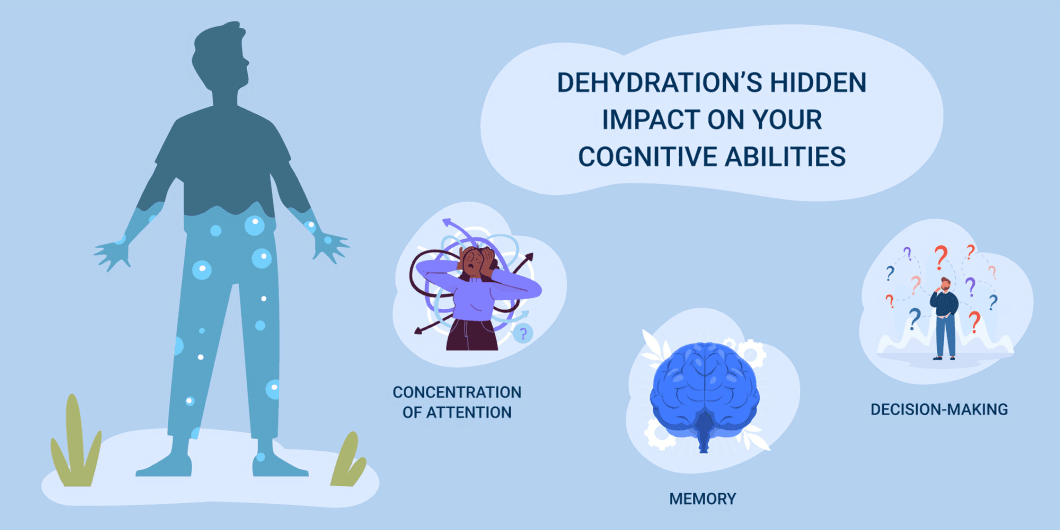
“
Hydration and brain function are closely connected, as even mild dehydration can influence mood, mental clarity, and concentration. When your body lacks water, the brain struggles to function efficiently. Maintaining fluid balance supports neurotransmitter activity, memory retention, and emotional stability. 1
1
”
Austrian physician Dr. Wilhelm Reich explored how water energy flows in the body, emphasizing hydration’s vital role in sustaining mental and emotional equilibrium, helping align brain chemistry with inner calm. 1
Lack of hydration can shrink brain tissue, leading to slower cognitive responses. This shrinkage reduces efficiency in areas responsible for memory recall, alertness, and the ability to focus clearly. 2

Mild dehydration can reduce concentration and impair short-term memory. It affects executive functions, like decision-making and problem-solving, due to a drop in blood flow to the brain’s frontal cortex.
Even a 1–2% drop in hydration levels may lead to irritability, fatigue, or anxiety. This slight fluid loss increases cortisol levels, the body’s primary stress hormone, causing mood swings. 3
Water helps produce hormones and neurotransmitters in the brain. Adequate hydration ensures a smoother chemical balance, including serotonin production, which significantly influences calmness and emotional stability. 4
Brain cells rely on water for electrical energy to function. Dehydration disrupts neuron firing speed, delaying reactions, reducing reflexes, and affecting mental clarity in critical thinking tasks. 5
When dehydrated, the brain has to work harder to complete tasks. This results in mental fatigue, which affects focus, alertness, and productivity even if you're unaware of being thirsty. 6
Hydration supports optimal blood circulation to the brain. Good circulation delivers oxygen and nutrients more efficiently, enhancing brain performance and improving your attention span and overall processing speed. 7
A hydrated brain maintains its volume and structure. When water is deficient, the brain shrinks temporarily, which influences memory formation and lowers communication between brain regions responsible for learning. 8
Water helps flush toxins from the brain tissues. Without enough hydration, waste accumulates, causing mental fog, sluggishness, and possibly triggering inflammation that can affect mood and energy levels. 9
Research shows that dehydrated students perform worse on tests. Their cognitive scores drop due to slower comprehension, less alertness, and an increased tendency toward distraction during learning activities. 10

In hot environments, dehydration worsens quickly and directly impacts mental function. You may feel confused, dizzy, or irritable because heat stress amplifies water loss and intensifies mood disturbances.
Hydration helps manage stress. Without enough fluids, your adrenal glands overproduce stress hormones. Drinking water helps buffer emotional strain, keeping your mood more stable during mental or emotional challenges. 11
Drinking water before meals improves mood by supporting digestion. A well-functioning gut influences the brain via the gut-brain axis, reducing anxiety and promoting the release of calming neurotransmitters. 12
Hydration supports dopamine production, which is vital for motivation and pleasure. When dehydrated, dopamine release is compromised, leading to reduced enthusiasm, lower energy, and increased emotional withdrawal. 13

Older adults are more vulnerable to dehydration-related cognitive decline. The aging brain becomes less sensitive to thirst, increasing the risk of confusion, poor memory, and impaired emotional control.
Water is essential for transporting nutrients like glucose to the brain. Without glucose delivery, energy production drops, and the brain may experience low-functioning states like apathy or indecision. 14
Children who drink water before tests perform better mentally. Their brains stay sharper, improving learning performance and emotional behavior in classroom settings due to balanced hydration levels. 15
Hydration helps control blood pressure. High or low pressure due to dehydration alters blood supply to the brain, potentially causing confusion, irritability, or fatigue, depending on whether flow is increased or decreased. 16
Greek philosopher Hippocrates stressed the balance of bodily fluids, believing that adequate water intake aligned physical health with mental clarity, a principle now echoed in modern neuroscience and wellness. 17


